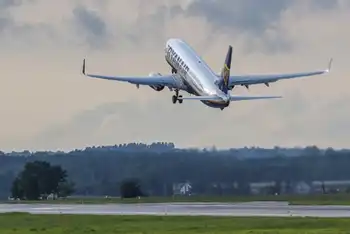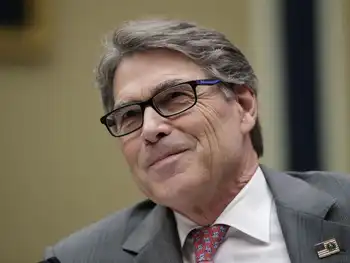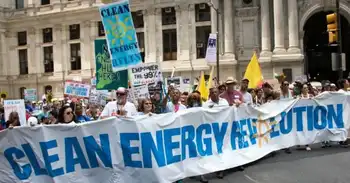Electricity auction aids Commonwealth Edison, foes charge
CHICAGO, ILLINOIS - Commonwealth Edison's plan to buy electricity through an auction would enrich the company by more than $1 billion annually, critics said recently, while raising residential rates by an average of $145 a year.
The Illinois attorney general's office, the Cook County state's attorney's office and the Citizens Utility Board oppose the company's proposal to buy power through a wholesale auction starting in 2007. They are battling the utility in a case before the Illinois Commerce Commission.
"There would be no limit on how high the prices we pay could go," said Martin Cohen, executive director of CUB.
ComEd does not dispute that electricity rates will go up, perhaps as much as 10 percent or 15 percent. The utility notes that rates have been frozen since 1998, and one would expect them to rise.
The opponents say the average power bill for residents and small businesses would rise by 20 percent the first year if ComEd buys power through an auction. One of the largest suppliers of power in the auction would be the nuclear plants operated by Chicago-based Exelon Corp., the corporate parent of ComEd.
Illinois froze electric rates for a decade beginning in 1998 and reduced them by 20 percent as part of deregulation. The idea was that by 2007 there would be enough competition so that market forces would yield a fair price for power.
Instead, only ComEd offers electricity to consumers, and most of it is generated by Exelon's nuclear plants or coal-fired plants run by Midwest Generation, which purchased them from the utility in 1999.
"An auction only works in a competitive environment," said Mark Pera, an assistant state's attorney for utility issues.
ComEd could continue to buy power as it does now, through privately negotiated contracts that are subject to after-the-fact review by the ICC.
"ComEd's failure to consider alternatives is irresponsible," said Susan Hedman, senior policy adviser to Illinois Atty. Gen. Lisa Madigan.
ComEd Vice President Anne Pramaggiore said federal law is pushing her company into finding some competitive way of procuring electricity.
"We do think the auction process does result in the best prices in the market for consumers," she said.
Nor will ComEd profit from higher electric prices, Pramaggiore said.
"We intend to pass through our purchase costs," she said. "We don't intend to put a penny of markup in our costs."
ComEd has its defenders.
Dave Vite, president of the Illinois Retail Merchants Association, last year convened a committee to study how the state should obtain electricity.
"You know what, prices may go up," Vite said, citing the reduction in electricity rates that went into effect in the late 1990s. He noted that prices for many sources of energy have risen during that time.
"If we don't go to auction, there is no incentive for companies to cut costs," Vite said.
Critics of higher electricity rates note that Exelon is doing very well. The company earned $610 million in 2000. Last year, it reported net earnings of nearly $1.9 billion.
And Exelon stockholders have been rewarded.
Counting dividends, shares of Exelon have risen 150 percent since 2000. In comparison, the Standard & Poor's index of utility stocks has risen 8 percent during that time.
The ICC case could drag on until January, but it's possible the state legislature will determine how Illinois procures electricity.
"The General Assembly is very interested in this," Cohen said. "They don't want to see their constituents hit with big rate hikes."
Related News

Canada's First Commercial Electric Flight
ONTARIO - Canada, renowned for its vast landscapes and pioneering spirit, has achieved a significant milestone in aviation history with its first commercial electric flight. This groundbreaking achievement marks a pivotal moment in the transition towards sustainable aviation, highlighting Canada's commitment to reducing carbon emissions and embracing innovative technologies.
The inaugural commercial electric flight in Canada not only showcases the capabilities of electric aircraft but also underscores the importance of pilot training in advancing e-aviation. As the aviation industry explores cleaner and greener alternatives to traditional fossil fuel-powered aircraft, pilot training plays a crucial role in preparing aviation professionals for…




